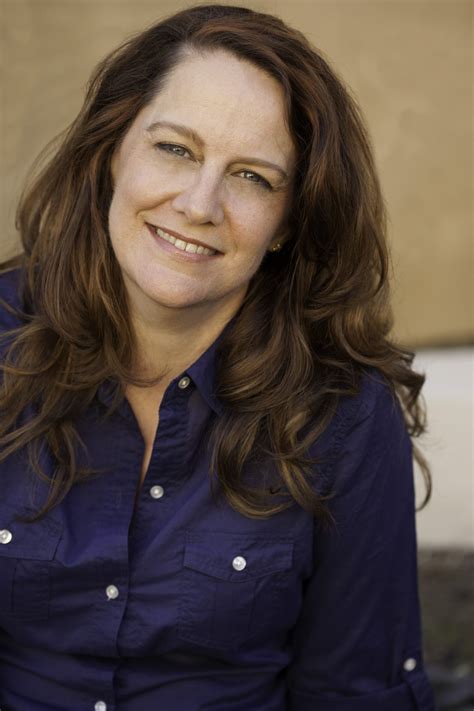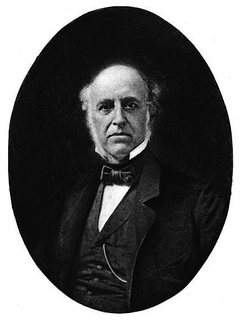A Quote by Kelly Carlin-McCall
With regard to how I chose Pacifica, my story is interesting. I did not go to Pacifica to specifically become a therapist. I went to Pacifica to study Jungian psychology and archetypes and mythology and there were many different programs there.
Related Quotes
I have known know many therapists who come out of Pacifica Graduate Institute and love being both artists and therapists at the same time, like Maureen Murdock. They are photographers and dancers and other kinds of things and therapists at the same time. I think it really makes them a much more interesting therapist because they're so engaged with the imagination and the creativity and the depths of who they are.
David Simon [the creator of The Wire] and I have a running controversy for years. It all stems from a telephone call I made to KPFA [Pacifica radio] when he was a guest there in the 90's on Chris Welche's show. He was going around the country with a Black kid from the Ghetto to promote something called The Corner - it was all about Blacks as degenerates selling drugs, etc.
Some fundamentalists go so far as to reject psychology as a disciplined study, which is unfortunate and polarizing. By definition, psychology is the study of the soul, theology is the study of God. Generally speaking, systematic theology is a study of all the essential doctrines of faith, and that would include the study of our souls (psychology).
Until recently we’ve only been able to speculate about story's persuasive effects. But over the last several decades psychology has begun a serious study of how story affects the human mind. Results repeatedly show that our attitudes, fears, hopes, and values are strongly influenced by story. In fact, fiction seems to be more effective at changing beliefs than writing that is specifically designed to persuade through argument and evidence.
We all become different readers in how we respond to books, why we need them, what we take from them. We become different in the questions that arise as we read, in the answers that we find, in the degree of satisfaction or unease we feel with those answers...In the hands of a different reader, the same story can be a different story.
I had no intention of replacing Arnold [Schwarzenegger]. There were a few things that made me want to do the movie. They were the script which had a different direction to it, and it was a chance to do a very different Quaid. I didn't read the short story until I went to college.Reading the story had a different effect on me of how I pictured him to be and the tone of the story was different. In the story, he's a bit more of an everyman.
A problem with school is that you often become what you study. If you study, let say cooking, you become a chef. If you study law, you become an attorney, and a study of auto mechanics makes you mechanics. The mistake in becoming what you study is that, too many people forget to mind their own business. They spend their lives minding someone else's business and making that person rich
I think if the content is good and the content is interesting, the at home viewer will watch it for as long as the story is interesting thus the responsibility for making the story interesting falls on the shoulders of the reporter or the producer. Then I'm disappointed that producers have felt that television can only be told in 59 second story bursts because we've become, it's become journalism based on MTV, video electronic editing and cutting.































